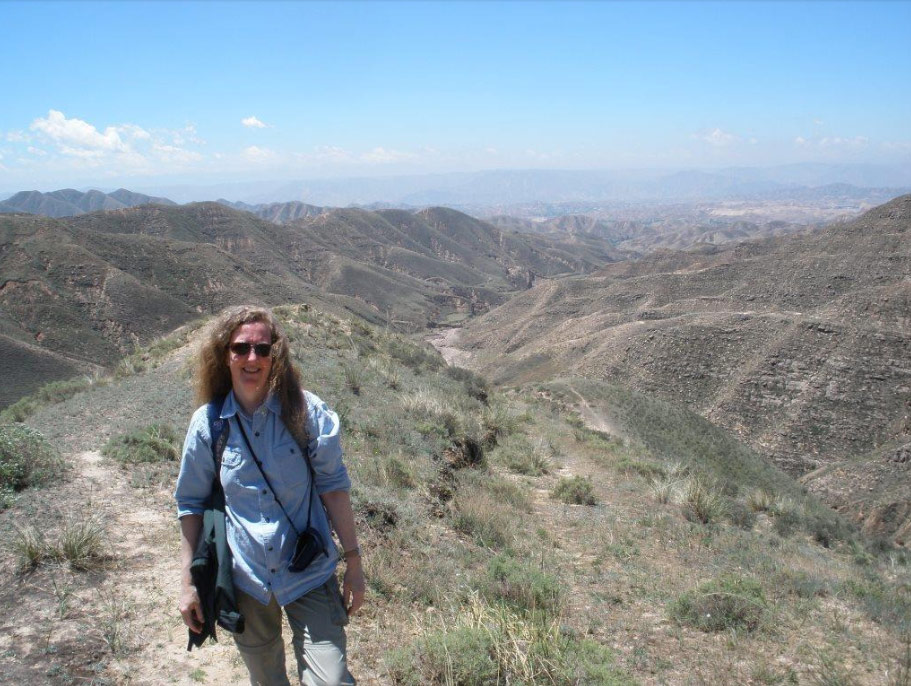Q & A with Dr. Alison Murray
Meet Dr. Alison Murray, a paleontologist whose research focuses on Cretaceous and Tertiary fishes. Find out more about her as a researcher and teacher and learn about her passions in paleontology.
Why is paleontology so important today?
I don't think it is any more or less important today than it was in the past.
What made you want to become a paleontologist?
I liked the idea of field work-digging up bones in exotic places.
Who has influenced you most in the world of paleontology?
No single person. I am intrigued by the ideas and papers of many paleontologists and see research building slowly as we all work towards common goals.
What is the question you get asked the most by students?
"What jobs are there for paleontologists?"
How would you describe your area of expertise in a short paragraph?
I work on the evolutionary relationships (systematics) and biogeography of Cretaceous and Tertiary fishes. This includes describing new species of fossil fishes, studying the anatomy of both living and fossil fishes, and determining what other fishes they are related to based on osteological data. Once the relationships have been determined, insights into how they wound up where they are can be made, resulting in biogeographic hypotheses.
What are some of the research projects you are working on right now?
I am working on describing a new Early Cretaceous amiiform from Gansu, China, interpreting the paleoenvironment of a fish fauna from the Oligocene of Fayum, Egypt, and describing and determining the relationships of a fossil gouramy from possbile Eocene deposits from Sumatra, Indonesia.
What is the most exciting and/or interesting thing that has happened to you during your career in paleontology?
It's all exciting! I have travelled a fair amount for field work in different countries, which is an excellent way to meet people and learn more about cultures elsewhere.
What is a typical day for you in the field?
Well, since I was most recently doing field work in China, here is a day there: get up and eat superb fresh food for breakfast, climb a mountain to the fossil locality and sit there all day (pack a lunch) and look for fossils. In this particular site, we were collecting microfossils (small disarticulated remains), so we stayed in a single spot for the day. Collecting meant brushing sediments and digging out little bits using dental picks, paint brushes etc.
What advice would you give someone interested in becoming a paleontologist?
Do it because you want to do it, not because you think it will get you a job.

